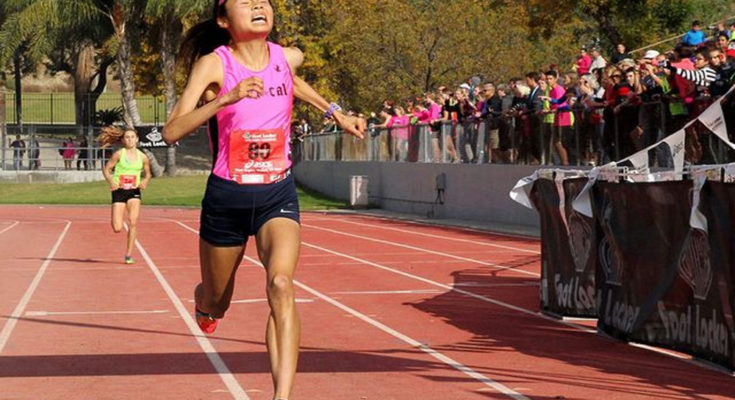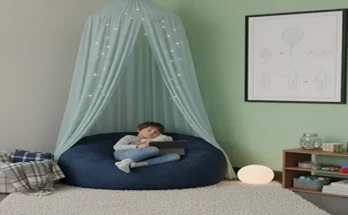Working with others with physical and intellectual handicaps can be quite a herculean task. Most educational professionals possess some exposure and knowledge of how to be effective using this population, nonetheless, it needs a particular and exceptional educator to effectively and willing to assist them. I’d like to illustrate many of these finer points to hopefully enhance the quality of time spent with whoever has special needs. It will require some kind of special tools; you need a mask, a lightning rod, an hourglass, as well as a jukebox. If you have these four things, you may be an effective and effervescent educator of individuals who require your passion probably the most. All of such the situation is encompassed by a heart, with it you are usually a hero for those who are required one.
However, I need to confess something; I don’t have the heart because of it.
A Class Called Adapted Kinetics
I am trainees at The College of New Jersey, perusing an undergraduate degree in Health and Exercise Science which has a specialization in education. One in the classes mandated inside my core curriculum is a class called Adapted Kinetics; it’s rather a politically correct way to categorize Phys. ed . for your intellectually and physically disabled. A large portion of the class is utilizing disabled individuals and having real-life experience regarding how to help them. There is hardly any to no coursework otherwise, in addition to some tests. As a class we worked with the Special Olympics of New Jersey to get a golf outing, and that we had weekly visits through the Eden Institute, an area group dedicated to the care and education of autistic individuals.
It’s been the most uncomfortable and challenging class I’ve consumed college at any level, bar none. I’m a certified fitness instructor and I’ve caused a very varied clientele, from NFL athletes to 8-year old children. I was an assistant coach for the local high-school lacrosse team, and I consider myself well experienced for my maturity and education. From the accounts of others, I’m personable, knowledgeable, and talented in the progression of athleticism.
None of these prepared me for your atmosphere and challenges of dealing with students with the Eden Institute and also the athletes from SONJ. It’s unnerving. Communication is different than with the rest with the world, high simply payoff for that work you put in. It drives me crazy. I started training because I know exactly what the power of progress and success in athletics can do for the body and psyche of the individual. I enjoy the character in the client/trainer relationship, learning how to most effectively communicate with each person. I love the sunshine bulb that continues every time a client achieves an ambition that they can have never imagined practical for themselves.
Working with disabled people can rob you of some, if not completely of such things. I would go as far as to describe it something akin to a personal training hell. It’s very difficult for me as being a professional to just accept that a person I use may never achieve or appreciate the joy of success and progress as I have.
Approaching everything is intimidating. No one wants to get insensitive or aloof to these individuals, but sometimes it’s tough to mask our feelings of discomfort. Not all people get that way, but the first tool in successful education has capable to bury the negative stuff should it be there.
That’s our mask.
The Second Tool Can Be A Lightning Rod
A lightning rod is one thing that accepts and distributes energy in the world around it safely and productively. As an educator, whether it’s with disabled persons you aren’t, you’re a lightning rod.
Disabled peoples, maybe even much more than others, feed on the energy you put forth. If you’re not jumping around as being a buffoon and enjoying what you’re doing, you can bet that the person you’re utilizing definitely will not either. The enthusiasm you show will go a good, long way to produce the educational experience far better and enjoyable to suit your needs and the individuals below your instruction. However, choosing the energy with this isn’t always easy. Sometimes, you’ll want to manufacture it yourself. The students are usually not ones to deliver inspiration without having a stimulus. It is for the educator to work at creating some electricity That sometimes takes time and patience, represented through the hourglass.
The Jukebox
The jukebox, unlike some with the other tools alluded to previously, isn’t a metaphor. Music is often a great medium to facilitate energy, and it is often a form of communication that crosses all boundaries. Having music in the background will help filter out noise that might otherwise distract the scholars, and you can use alterations in songs to cue alterations in activities. From our experience, autistic individuals enjoy and they are very tuned in to music. Experiment with the types of music and discover what the students reply to positively.
While all of these tools might not exactly seem extravagant or uncommon, having them all available and being able to actively use them for that betterment of others isn’t found everyone gets the want to use disabled individuals. To those that, and willingly test the boundaries of patience and understanding, I have the utmost respect. However, any fitness professional features a good chance of being responsible for the education of these individuals, and I hope this informative article helps you make that experience better in your case along with your students.





